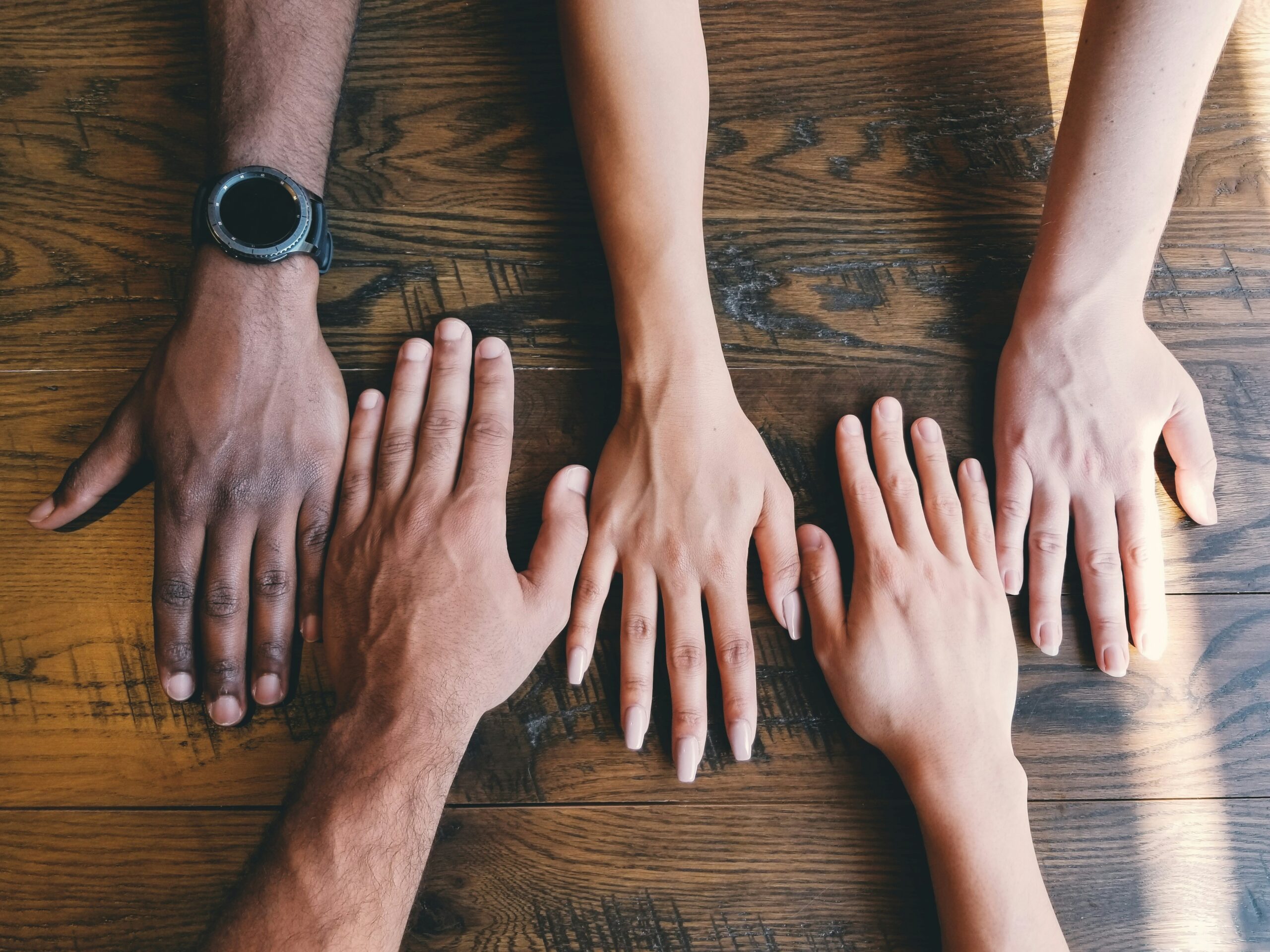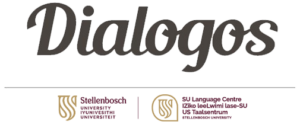
On Friday March 21, we celebrate Human Rights Day in South Africa – six decades after the events at Sharpeville on the same day in 1960 ensured that this date would forever be part of democratic South Africa’s heritage.
Since the abolition of apartheid laws and the democratic election of Nelson Mandela as South Africa’s president in 1994, South Africans are invited on this day of remembrance to reflect on both their own rights and those of others – to consider the long and difficult struggle for equal rights for all in South Africa, and to remember to continuously respect and protect equal human rights for everyone, regardless of skin colour, gender, religion, sexual orientation or nationality.
Language rights
Our Constitution and Bill of Rights affirm everyone’s right to life, equality and human dignity. What many people may not realise is that the Bill of Rights also recognises language, culture and community as fundamental human rights, including the right to belong to cultural and linguistic communities. Our Constitution specifically provides for the protection of language rights. The Pan South African Language Board (PANSALB) was established precisely to promote the development and use of all languages in South Africa and to encourage respect for those languages.
Our Constitution specifically provides for the protection of language rights.”
Linguistic human rights
Worldwide, research is being conducted and discussions held around individuals’ and entire communities’ linguistic human rights. Linguistic human rights encompass those rights that safeguard the use and values of language – from the right to speak a language of one’s choice and the right to access translation or interpreting when a language is not understood, to the right to learn any language of one’s choosing.
All of our SA languages are actually minority languages, or languages of limited diffusion; not one SA language is spoken as mother tongue by a majority of South Africans. But English is the de facto lingua franca in South Africa. As a result, it is speakers of languages other than English who tend to experience challenges concerning the protection of their linguistic rights. This is why it is so important to promote and protect multilingualism and a multilingual mindset. As our Constitution states, South Africa belongs to all who live in it, united in our diversity. It is our responsibility as citizens, and as government, to make sure that we live up to that aspiration.
Language embodies individual rights in the sense that it is first and foremost necessary for recording legislation. Furthermore, language makes that legislation – and those rights – accessible to individuals, provided it is communicated in a language they understand. Individuals also have the legal right to be heard in court in their own language. Language further empowers people to voice protest. Language is, therefore, not only a powerful carrier of identity, culture and community but also of justice.
Language is thus deeply intertwined with human rights. Language can be used to exclude also, so in advocating for linguistic human rights, we should not lose sight of the fact that inclusion and belonging should underpin the language decisions we make.
Language can be used to exclude also, so in advocating for linguistic human rights, we should not lose sight of the fact that inclusion and belonging should underpin the language decisions we make.”
The right to choose a language and the right to use that language are inextricably linked to the protection of human dignity, safety, and social and cultural identity. Or, as Steve Zeitlin puts it in Folklife Magazine: “Language rights are human rights.”
– by Andréa Müller and Dr Kim Wallmach



